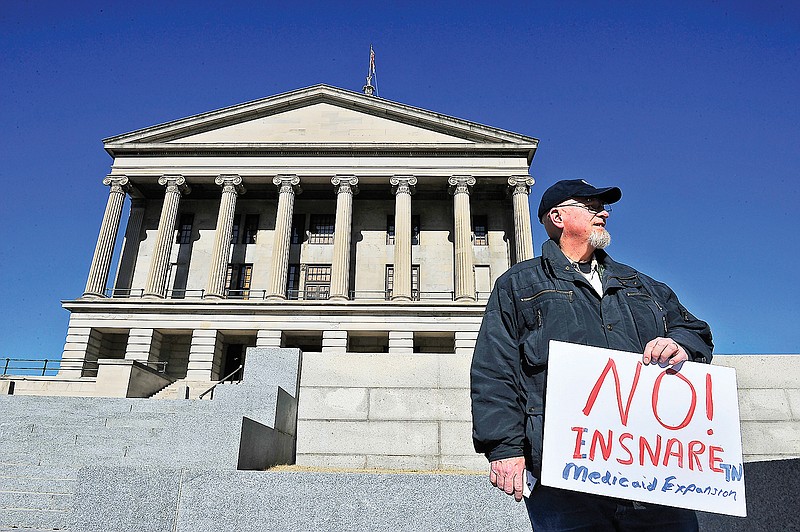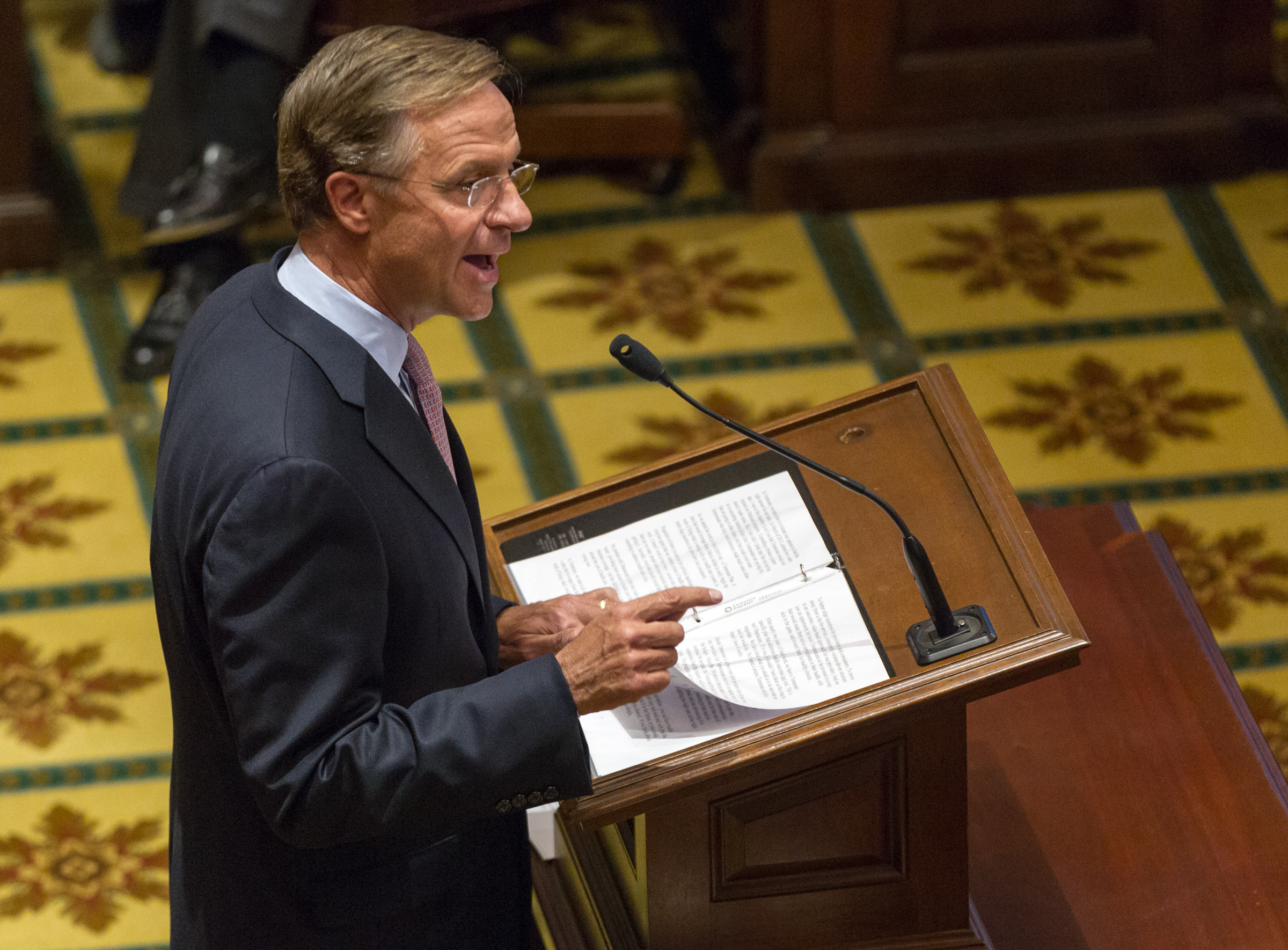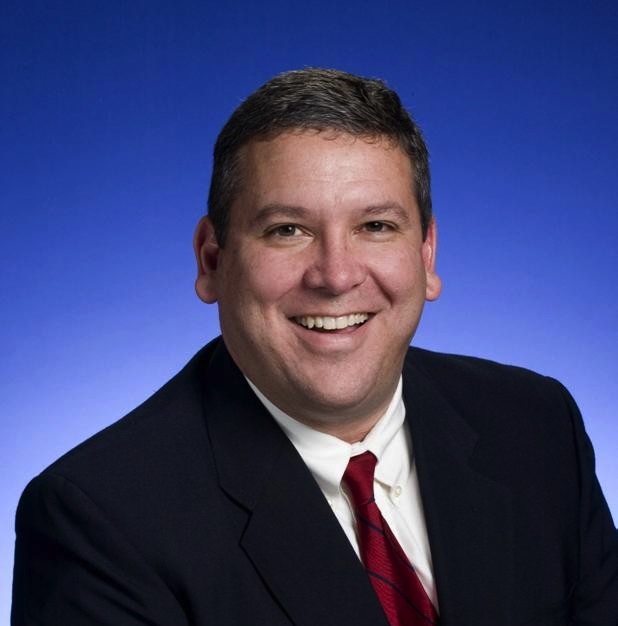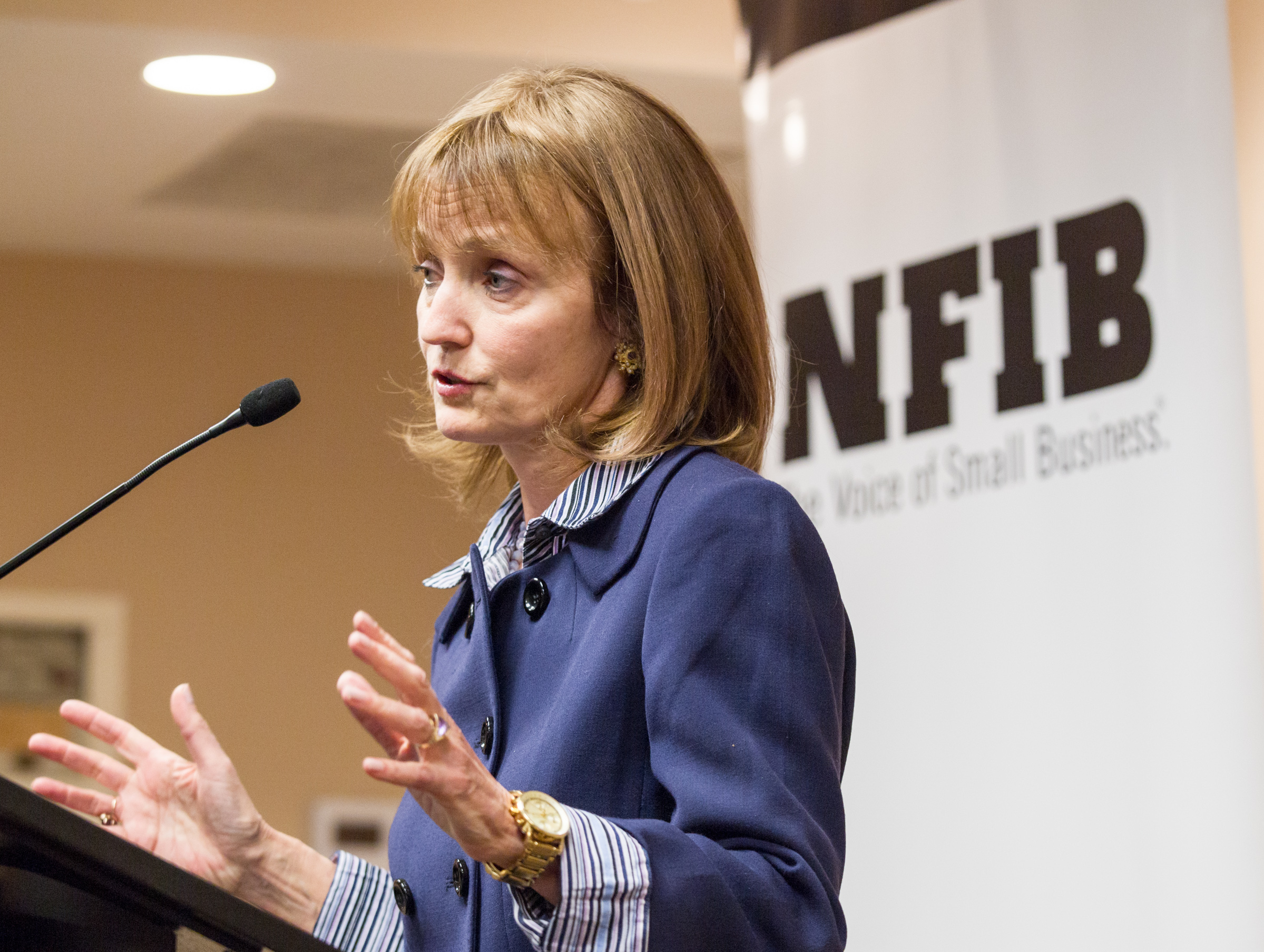Read more
* Haslam's Insure Tennessee plan faces tough path in Legislature* Opponents of Haslam's Insure Tennessee proposal could force vote to kill it* Insure Tennessee may have a long road ahead; special session on proposal convenes* Entitlement for lawmakers should be good for Tennesseans, too* Haslam-commissioned polls finds GOP voters support Insure TN* Getting Insure Tennessee plan through legislature poses 'real test' for Haslam* Poll: Half of Tennesseans support Haslam's 'Insure Tennessee' plan* Majority of state House Democrats ready to support Haslam's Insure Tennessee plan* Insure Tennessee Senate sponsor Overbey says Haslam plan uses 'conservative principles'* TN lawmakers pressured to oppose Haslam's Insure Tennessee* Foe of Haslam's Insure Tennessee uses Corker bill to attack Medicaid expansion plan* Sides launch ad battles for and against Insure Tennessee
NASHVILLE -- Republican Gov. Bill Haslam's Insure Tennessee plan appeared in deep trouble Tuesday with the governor's signature issue facing what could be insurmountable opposition from fellow Republicans in two key House and Senate committees, lawmakers said.
Legislative opponents say they hope to deliver a death blow to it today, the third day of the special session Haslam called to win approval for his plan to use federal Medicaid dollars to extend health insurance to 280,000 to 300,000 low-income Tennesseans.
After listening to nearly three hours of testimony Tuesday in the Senate Health Committee from top administration officials and the Tennessee Hospital Association, Sen. Mike Bell, R-Riceville, an opponent, said in an interview that he "believe[s] there are six 'no' votes in that committee.
"I strongly believe that, and I think the administration knows that," Bell added, noting he had been prepared to kill the resolution but held off a day because some senators on the 11-member panel wanted to hear more testimony, including that from an opponent, today.
The governor personally scrambled Tuesday to win additional votes, summoning Sen. Todd Gardenhire, R-Chattanooga, and Sen. Janice Bowling, R-Tullahoma, to his office in separate meetings.
Gardenhire said Haslam "pled his case very effectively," but, he continued, "we just have a fundamental difference on how to approach the overall costs of medicine. I give him huge amounts of credit for taking this on."
Gardenhire, who serves on the Health Committee, said he plans to vote no. Bowling, also a member of the panel, said she hasn't decided.
Earlier, the 20-member House Insurance and Banking Committee held its own three-hour hearing.
House Majority Leader Gerald McCormick, R-Chattanooga, who is carrying Haslam's resolution, told the panel's members that proponents "have the votes to pass it comfortably" on the House floor -- if it makes it past the committee.
"This committee is the one committee, quite frankly, that we have challenging numbers," McCormick said. "And if we don't get it out of this committee, this bill doesn't pass. The other members don't get a chance to vote for it on the floor."
He said "it's important to note what this resolution does not do. It does not implement Obamacare. If the governor had wanted to do that, he could have done that in 2013 very quickly without debate."
Some Republicans are ideologically opposed to Haslam's plan because the federally subsidized program gets its funding under President Barack Obama's Affordable Care Act, known as Obamacare. Others are fearful it will be used against them in GOP primary elections.
Rep. Jon Lundberg, R-Bristol, later said, "I think the expectation was they probably had nine or ten 'no' votes when it started. By the end of the committee I think that went to probably to 12 or 13 'no' votes. It [testimony from administration, hospital officials] did not bolster the case. It created a lot more questions."
Matters weren't helped when House Speaker Beth Harwell, R-Nashville, spoke to the National Federation of Independent Business and the Tennessee Grocers and Convenience Store Association Tuesday afternoon.
She told them she wasn't sure the votes were there on the resolution that would authorize Haslam to ask federal officials for a waiver of Medicaid rules to implement the plan. And, she said, Republican lawmakers haven't been persuaded that Haslam's "market-driven" plan, which includes co-pays for enrollees and incentives for healthy lifestyles and payment changes to providers, will result in major cost savings. Republicans are "struggling with that," she said.
She said she made an offer to Haslam -- and "I think he'll know better by [Wednesday] whether he wants this" -- to let the committee chairmen issue a report detailing their issues with the proposal, "and then [Haslam] can go back and renegotiate with the federal government."
Haslam spokesman David Smith later issued a statement saying, "The majority of Tennesseans support Insure Tennessee, both Republicans and Democrats, and the governor believes the committees in the Senate and House are doing exactly what they should do. They are taking the proposal seriously, having productive discussions, and are asking questions to better understand it."
Haslam's two-year pilot project would allow the state to receive $2.8 billion to cover enrollees, some of which would go into a modified TennCare program with co-pays and premiums. The working poor would receive vouchers that they could use to join their employers' health plan.
The federal law covers all costs through 2016. After that, the state's share would begin rising to 10 percent by 2020. Tennessee hospitals, desperate to cover a looming $7.8 billion loss of federal funds over the next decade, have agreed to pay the state's $74 million share over the two-year pilot project.
"It is absolutely a lifeline for hospitals -- particularly our rural hospitals" Tennessee Hospital Association President Craig Becker told the House Insurance and Banking panel.
Critics questioned whether it would lead to increases in the federal deficit and voiced distrust that Obama or the Republican-led Congress, which opposes Obamacare, would keep the money flowing.
Haslam says he has agreements and the waiver he plans to present make it clear the state can jettison the plan if finances don't pan out.
During his presentation, McCormick said the proposal would enable single adults making up to 138 percent of the federal poverty level -- $16,000 or less a year -- to obtain coverage to address their health needs. There are some 25,000 to 30,000 Tennessee military veterans who would benefit, he said.
McCormick noted that state lawmakers get about $32,000 a year in salary and home office allowances. The same qualifying income for a traditional family to receive the insurance.
"It's the same income level and we go out here every year and vote and use the state general fund to subsidize our health care that almost every one of us use," McCormick said.
The Times Free Press reported Monday that 116 of the General Assembly's 132 legislators take advantage of state government-subsidized health insurance offered to state employees.
Contact staff writer Andy Sher at asher@timesfreepress.com or 615-255-0550.
What ended up happening:




